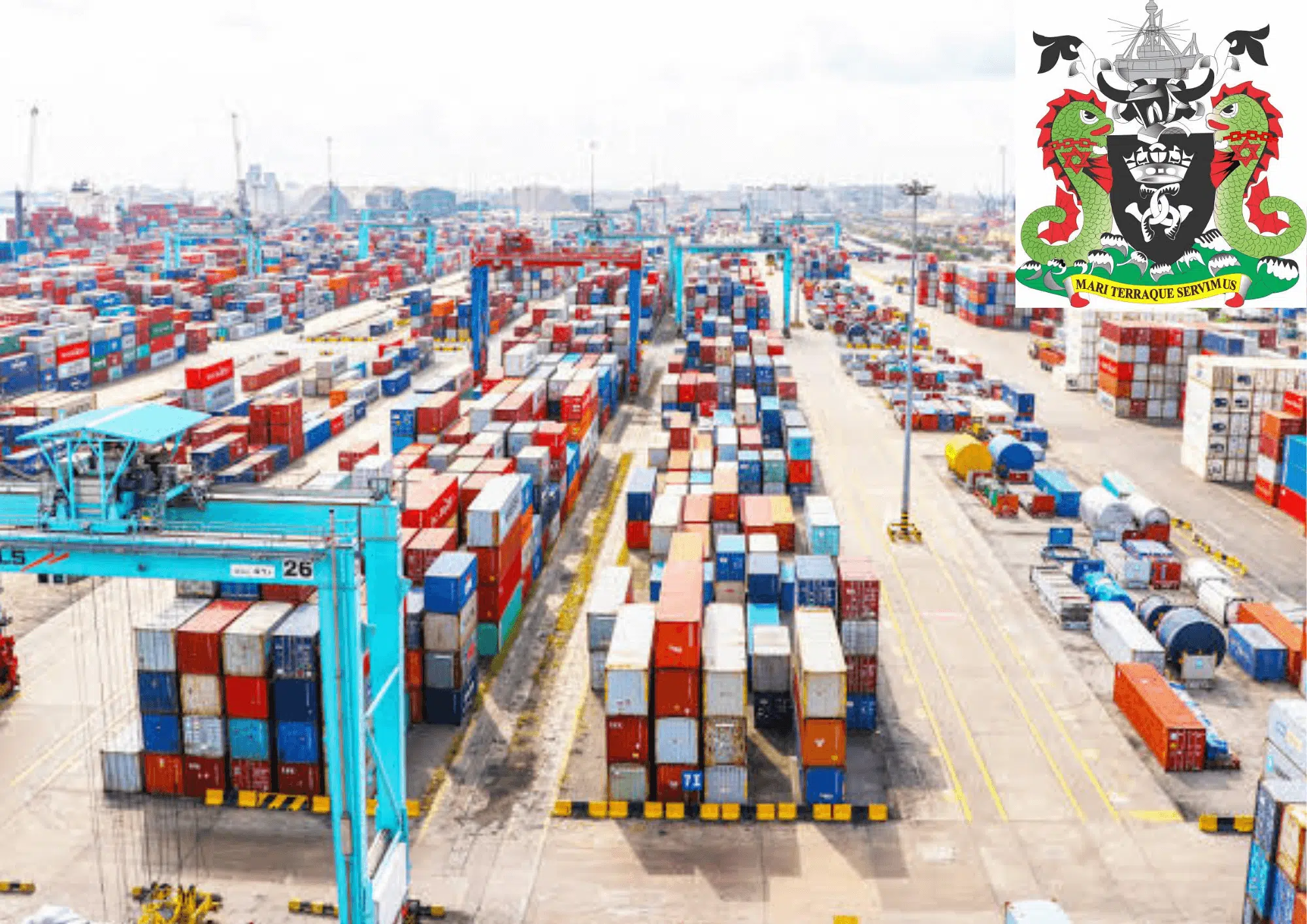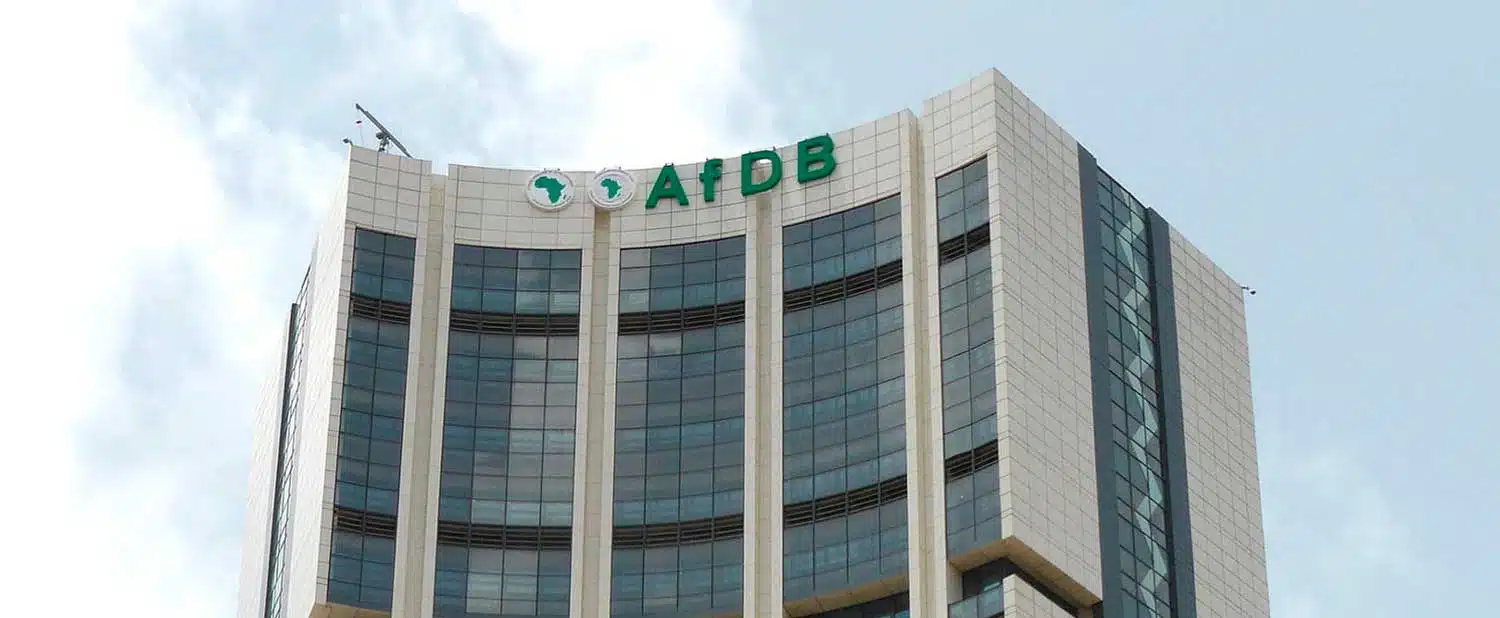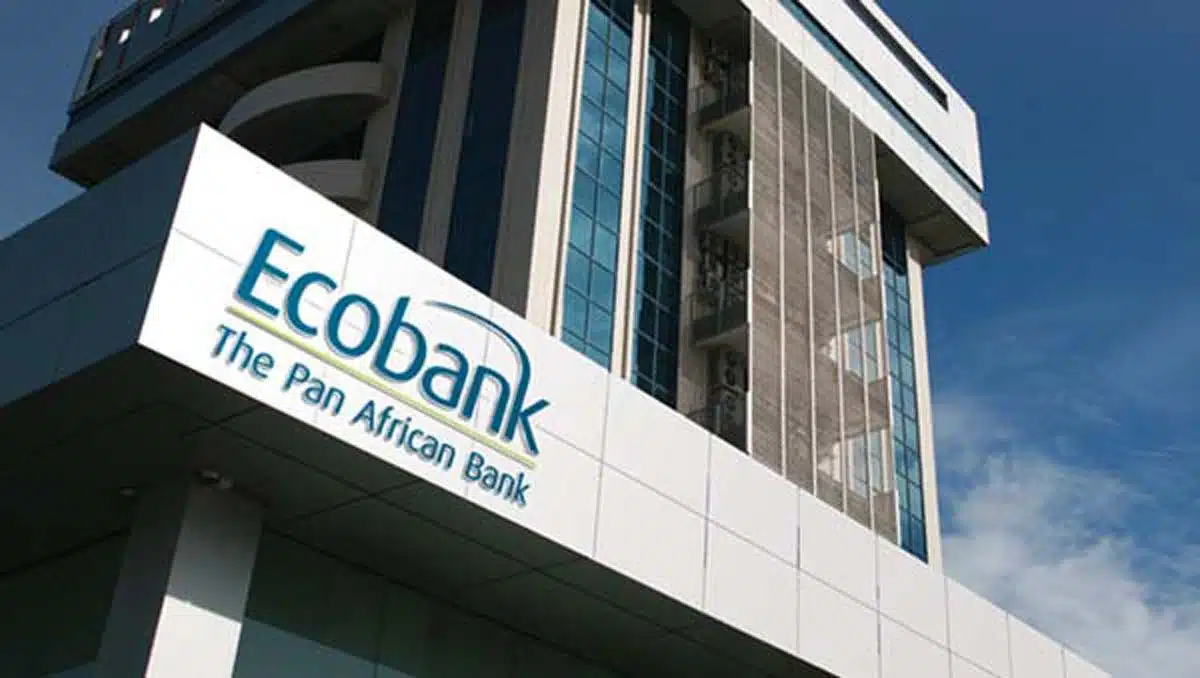Things are falling apart at Nigeria’s ports, and it’s starting to feel a lot like the chaos Chinua Achebe imagined in his novels.
Rising charges, inefficiencies, and excessive regulations have made clearing goods a costly nightmare, forcing importers to seek alternatives.
Goods intended for Nigeria are now being processed in Togo, Ghana, and Benin, where the costs are lower and the processes smoother. The result is a massive economic loss, and if nothing changes, the situation will only worsen.
Why businesses are abandoning Nigerian ports
Recently, clearing costs at Nigerian ports rose sharply. The Nigerian Ports Authority (NPA) increased tariffs from 7% to 15%, while terminal operators and shipping companies raised their fees by as much as 45%.
Importers now face significant regulatory fees, including up to ₦500,000 for certifications from agencies like the Standards Organisation of Nigeria (SON) and the National Agency for Food and Drug Administration and Control (NAFDAC). Other regulatory bodies impose additional charges ranging from ₦150,000 to ₦200,000.
Unofficial payments to expedite clearance can cost between ₦10,000 and ₦20,000 per transaction. These expenses quickly accumulate, making the process burdensome and discouraging businesses from continuing to import through Nigerian ports.
For example, SON’s Product Authentication Mark (PAM) certification includes a ₦50,000 service charge, with extra costs for product testing and inspection. Similarly, NAFDAC’s Ports Fast Track Scheme requires an annual registration fee of ₦50,000, with further charges for provisional approvals and data requests.
These costs add up quickly. Clearing a 40-foot container now costs between ₦18 million and ₦26 million, while a 20-foot container that previously cost ₦10.5 million has jumped to ₦20 million. Many businesses can no longer afford these costs, so they are taking their goods elsewhere.
Togo, Ghana, and Benin offer a cheaper and more efficient alternative.
In Togo, clearing a 40-foot container costs around $3,500 (₦5.6 million), while Ghana charges approximately $4,500 (₦7.2 million). Trucking goods from Lome Port in Togo to Lagos costs just ₦600,000, while moving goods within Nigeria from Apapa can cost over ₦1 million.
Storage and demurrage fees in Ghana and Benin are also 30% to 50% lower than in Nigeria. With such significant cost differences, the shift away from Nigerian ports is hardly surprising.
Nigeria is losing revenue while neighboring ports profit
Nigeria once controlled about 70% of cargo traffic in West and Central Africa, but its ports are now losing relevance. Neighboring ports in Togo, Ghana, and Benin are gaining an increasing share of Nigerian-bound cargo. For example, the Port of Lome in Togo processed 25.5 million tonnes of cargo between 2019 and 2020, and 12 million tonnes in 2021, including 650,000 TEU containers.
Nigeria is estimated to be losing ₦130 billion annually in customs duties, VAT on imports, and other taxes that should have been collected at its ports. Instead, these revenues are flowing to neighboring countries, which have capitalized on Nigeria’s inefficiencies.
Industry experts estimate that 90% of cargo arriving at Lome Port is actually destined for Nigeria, but businesses would rather clear their goods there and transport them across the border than deal with Nigeria’s exorbitant port charges.
Additionally, the Managing Director of the Nigerian Ports Authority (NPA), Dr. Abubakar Dantsoho, has acknowledged that Nigeria now handles fewer than two million twenty-foot equivalent units (TEUs) annually, despite being the primary destination for West African trade.
With high costs and poor efficiency pushing businesses away, the country is losing both revenue and its position as the region’s trade hub.
The effect on companies and consumers
As port charges increase, so do the costs of doing business. Many manufacturers rely on imported raw materials and machinery, and with higher clearing fees, their production costs have surged.
The Manufacturers Association of Nigeria (MAN) has warned that these rising costs will make locally produced goods more expensive and less competitive, both domestically and internationally.
Consumers are already feeling the impact, as the prices of essential goods such as food, household items, and electronics continue to climb. Inflation is worsening, purchasing power is shrinking, and businesses that depend on imports are struggling to survive.
The consequences extend beyond businesses and consumers. The decline in port activity means less revenue for the government which is the money that could have been used to improve infrastructure, education, and healthcare.
Job losses in shipping, logistics, and manufacturing are mounting, worsening Nigeria’s already high unemployment rate.
With fewer goods coming through official channels, smuggling has increased. Importers now bypass customs entirely, leading to lost government revenue and a rise in substandard or counterfeit products entering the market.
Regulatory agencies like NAFDAC and SON are struggling to track these illicit imports, exposing consumers to potentially harmful goods.
What Nigeria can learn from its neighbours
While Nigeria is losing trade, its neighbours are gaining from its failures. Togo, Ghana, and Benin have created port systems that are more cost-effective and efficient, drawing businesses away from Nigeria. The most striking difference is the cost.
As aforementioned, clearing a 40-foot container in Togo costs about $3,500 (₦5.6 million), far below Nigeria’s ₦18 million to ₦26 million. Ghana offers a slightly higher but still competitive rate of $4,500 (₦7.2 million). Benin provides similar affordability, with trucking costs from Cotonou to Lagos standing at just ₦600,000, half the price of moving goods within Nigeria.
Beyond lower tariffs, these countries have also streamlined their port operations. Unlike Nigeria, where multiple agencies create delays and inflate costs, Ghana and Togo consolidate customs and regulatory checks under a single authority.
This has significantly reduced clearance times and made their ports more attractive. Nigeria’s bureaucratic inefficiencies, on the other hand, continue to discourage businesses.
Infrastructure is another major area where Nigeria is falling behind. Despite charging some of the highest tariffs in the region, Nigerian ports are plagued by congestion, poor road networks, and long delays.
Ghana and Togo have invested in port automation, better road access, and expanded facilities to accommodate more cargo efficiently. If Nigeria wants to reclaim its role as West Africa’s trade hub, it must invest in similar upgrades.
Though the Nigerian Ports Authority (NPA) has taken steps to ease congestion and improve port efficiency, recent tariff hikes suggest a disconnect between policy decisions and business realities.
The slow pace of reform means that while Nigeria deliberates, businesses continue to shift their trade to more efficient ports in neighbouring countries.
Nigeria has the potential to dominate regional trade, but without urgent reforms, it will continue to lose business to its neighbours.
Businesses will leave, government revenue will decline, and the economy will suffer. Nigeria’s ports should be an asset, not a liability. The time for action is now.







